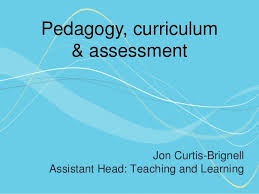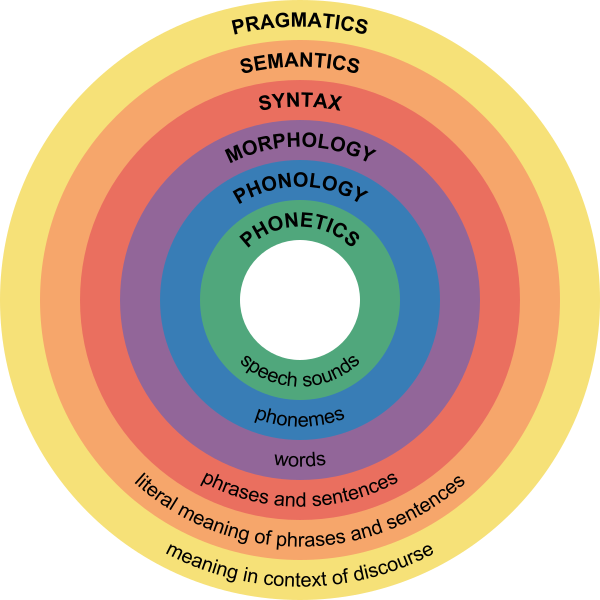This module is made of two main parts: Morphology and Syntax. This module is designed to introduce the learner to
the sub-field of linguistics, called morphology, its meaning, nature and
problem. It also examines various definitions of morpheme, characteristics,
types, morphemes and its relationship with other grammatical units including
word, lexis, vocabulary and lexeme, examines the relationship between
morphology, phonology and syntax and lexis. It also examines various
morphological processes in the language. Detailed study of word formation
processes; internal structure of English words and morpheme structure; inflectional
morphology, identification of lexical categories and grammatical categories;
nature and types of morphemes- affixation (derivational and inflectional);
phonological and syntactic influences on affixation; word formation processes
in English: derivation, compounding, invention, clipping, acronym, blending,
back formation, reduplication etc are also examined
|
This module provides an introduction to key philosophical concepts and ideas. It examines how historical and contemporary philosophical debates can shed new light on important educational issues. The module uses both critical and creative approaches to explore the nature of philosophy and its relationship to education.
|
This module aims at helping students understanding foundations and critical analysis of different theories of curriculum, identify steps and techniques of curriculum development and implementation; explaining various types, principles, methods and techniques of evaluation in education; and applying different theories of assessment.


- Teacher: NKUNDIMANA Jean Pierre
The module aims to help students sharpen their written and spoken expression in English through different genres.
Knowledge and understanding
Having successfully completed the module, students should be able to demonstrate knowledge and understanding of:
- How to write minutes, short report, press release, concept paper/grant proposal, argumentative essay, descriptive essay and narrative/short story in English
- The main features of informal and formal public speaking in English
- The techniques of debating in English

- Teacher: Innocent NSENGIMANA
The module introduces the students to the semantics, lexicology and pragmatics of English as basic elements of meaning and use English language.

I hope this message finds you well. The purpose is to give you the materials that will help you to learn via online. You can access to this everywhere you are.
I wish you all the best in your journey of studying English language.
Lecturer Daniel
